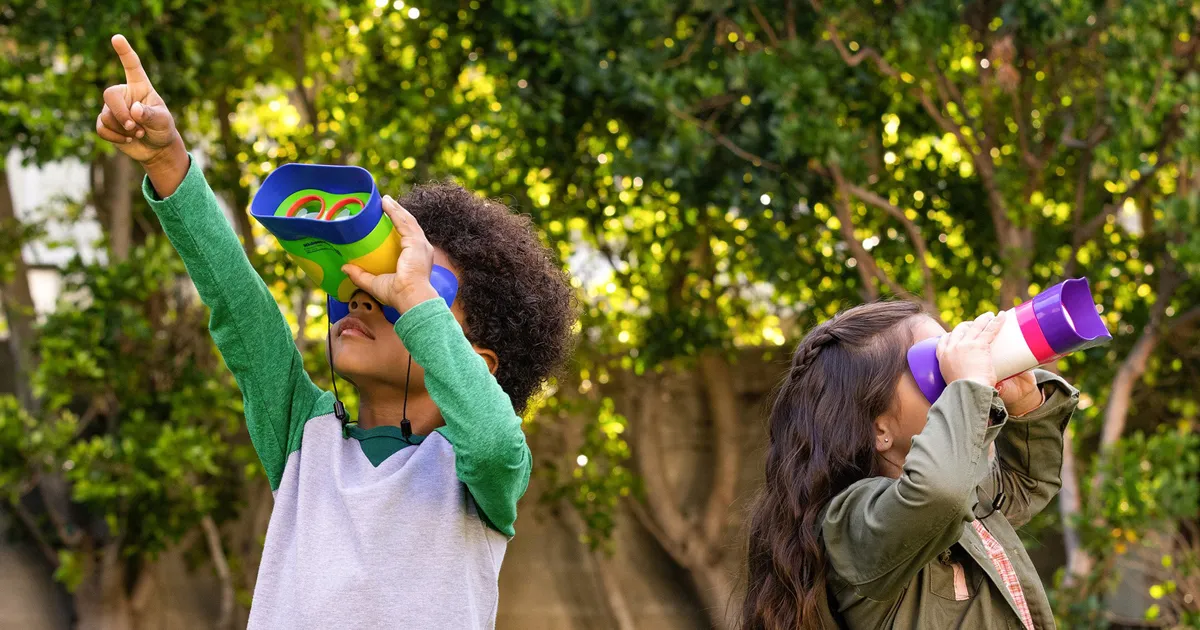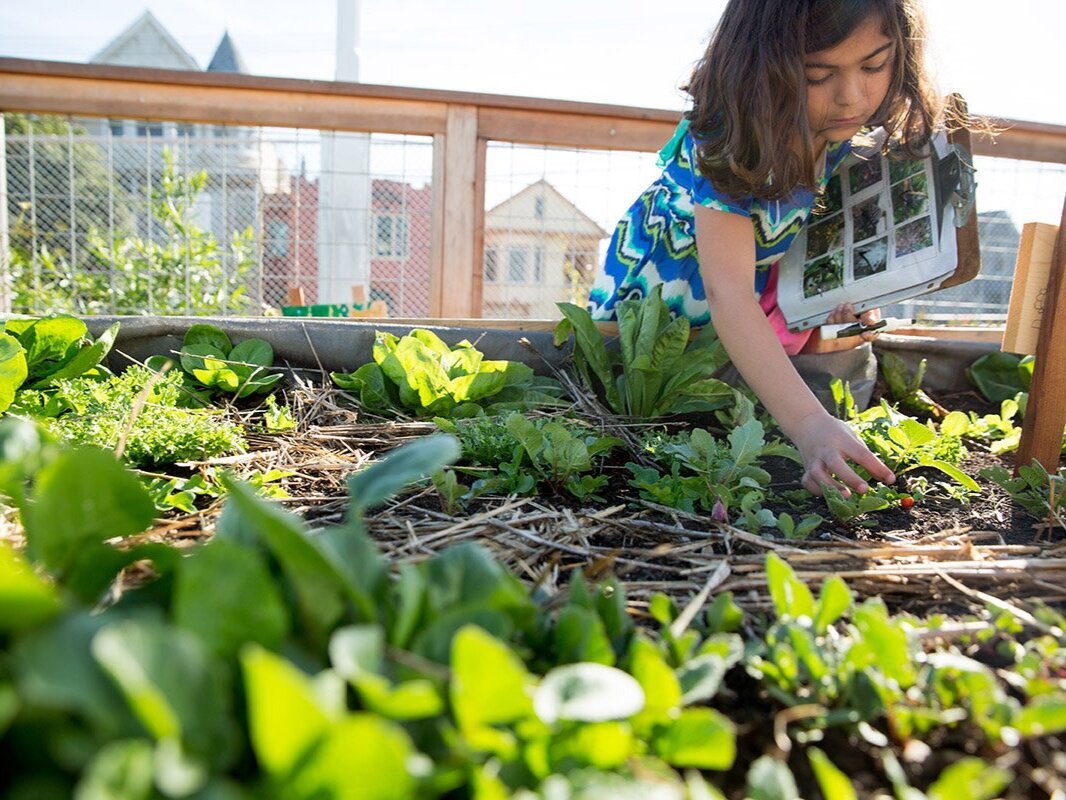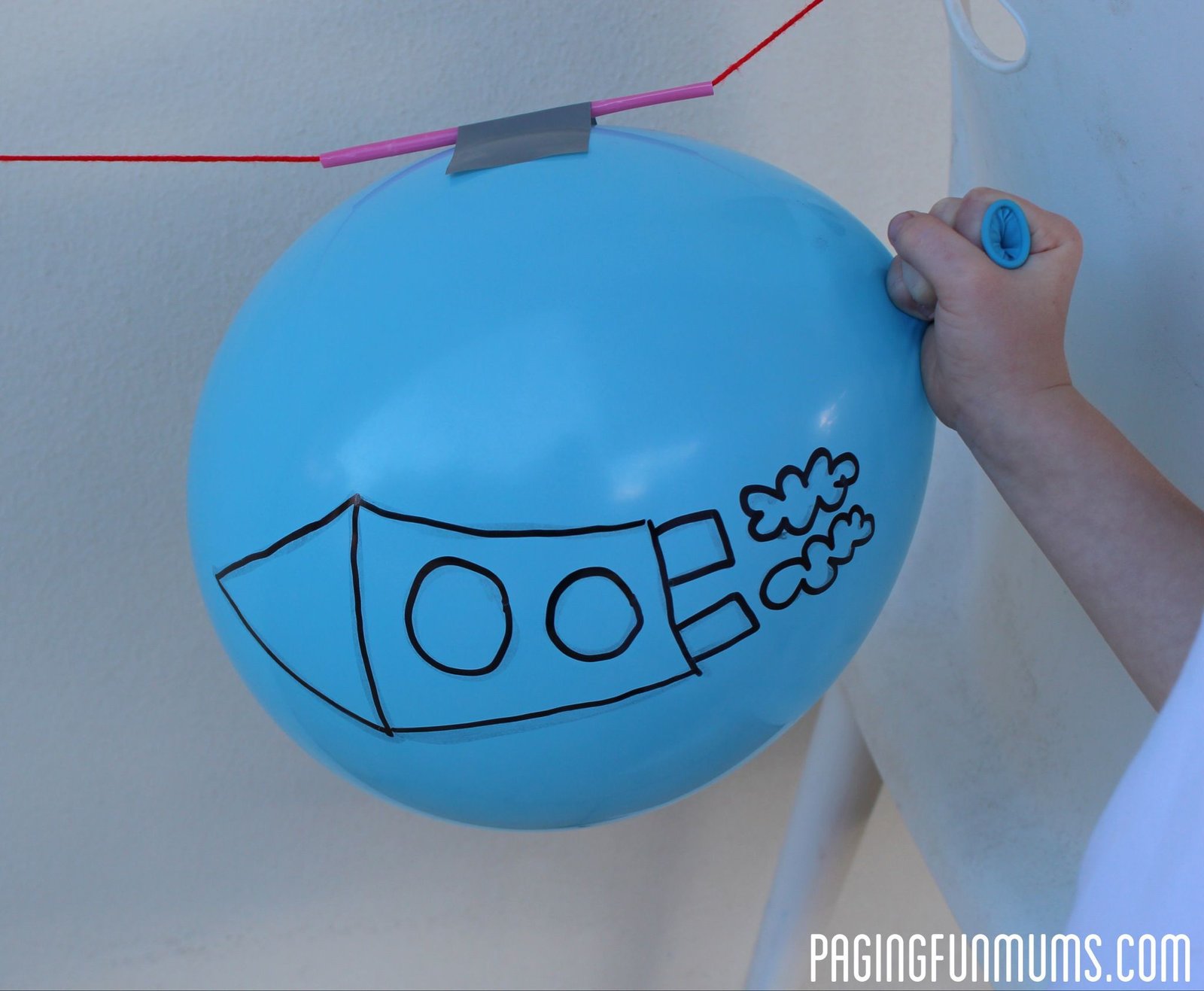Outdoor science exploration provides children with the opportunity to observe the natural world firsthand. Whether it’s watching insects, studying plants, or observing the weather, these experiences encourage children to ask questions and develop curiosity.
By engaging with nature, children begin to understand how the world around them works. This hands-on approach to learning fosters a deeper connection to their environment, sparking their interest in science and helping them appreciate the complexities of nature.
Hands-On Learning Opportunities
Learning science outdoors offers numerous hands-on experiences that are more engaging and memorable than textbook lessons. Exploring ecosystems, collecting leaves, or examining rocks allows children to physically interact with the material they are studying.
For example, observing the life cycle of a butterfly or conducting water experiments in a stream allows children to witness scientific concepts in action. These tactile experiences solidify their understanding and help them retain information more effectively.
Developing Critical Thinking Skills
Outdoor science exploration encourages critical thinking by presenting children with real-world problems to solve. For instance, when observing a plant’s growth, children may be asked to hypothesize about what the plant needs to thrive.
This encourages them to think logically and test their ideas. Additionally, when children conduct experiments in nature, they learn to make predictions, observe results, and adjust their theories based on their findings, all of which are key aspects of scientific inquiry.

Promoting Physical Activity and Health
Spending time outdoors naturally encourages physical activity, which is essential for overall health and well-being. Whether it’s hiking, climbing, or running, outdoor science exploration helps children stay active and develop motor skills.
Additionally, exposure to sunlight and fresh air boosts mood and contributes to mental health. Therefore, combining physical activity with science exploration not only strengthens children’s bodies but also enhances their cognitive and emotional development.
Connecting with Nature and Environmental Awareness
Outdoor science exploration fosters a connection to nature and increases environmental awareness. As children observe ecosystems and wildlife, they begin to understand the importance of protecting the environment.
In addition, outdoor exploration helps children appreciate the value of biodiversity and the interconnectedness of all living things. This early exposure can instill a sense of responsibility for the planet and inspire future generations of environmental stewards.
Encouraging Collaborative Learning
Outdoor science exploration often involves group activities, where children work together to make discoveries and solve problems. Whether it’s building a birdhouse, conducting an experiment, or simply sharing observations, these activities encourage collaboration.
Working in teams helps children develop social skills such as communication, cooperation, and problem-solving. It also encourages them to appreciate different perspectives and learn from their peers, which enriches their overall educational experience.
Enhancing Creativity and Imagination
Being outdoors naturally stimulates creativity and imagination. Children can engage in open-ended activities, such as building forts, creating art with natural materials, or inventing their own experiments.
The unstructured environment encourages free play, which is essential for developing problem-solving skills and creativity. By using natural elements like sticks, stones, and leaves, children can create unique projects that expand their thinking and encourage innovation.
Boosting Focus and Attention
Studies show that time spent outdoors can improve children’s attention span and ability to focus. Nature provides a calming environment, free from the distractions of indoor spaces like screens and noise.
When children engage in outdoor science exploration, they become more attuned to their surroundings and more focused on the tasks at hand. This immersion in nature promotes mental clarity, enhances concentration, and improves their ability to retain information.
Fostering a Lifelong Love for Learning
The experiences gained through outdoor science exploration have the power to instill a lifelong love for learning. When children discover the excitement of exploring the natural world and solving real-world problems, they develop a sense of wonder and curiosity that stays with them throughout their lives.
Outdoor exploration makes learning fun and dynamic, showing children that science isn’t just something studied in a classroom—it’s a part of everyday life.
Conclusion
Outdoor science exploration plays a vital role in children’s development, offering opportunities for hands-on learning, physical activity, and critical thinking. It nurtures a connection with nature, fosters creativity, and promotes collaboration.
Moreover, it encourages environmental awareness and helps children develop a deep sense of curiosity and a passion for learning. By providing children with opportunities to explore the natural world, we are setting them up for a future filled with knowledge, curiosity, and a strong sense of responsibility toward the environment.










